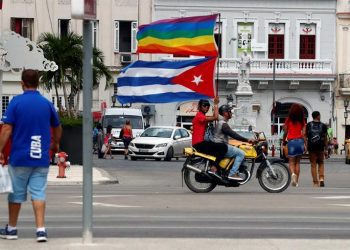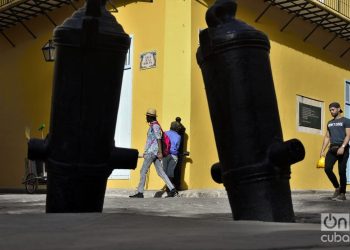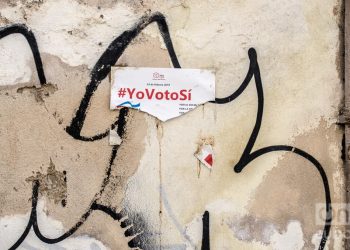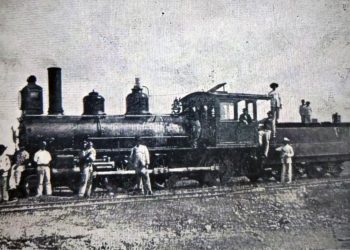The right to demonstrate in Cuba
Help us keep OnCuba alive A demonstration against police violence in Cuba was called for June 30, 2020, mainly through social networks. The public reason for this call was the death of young Cuban Hansel Ernesto Hernández Galiano who was shot by a policeman. This demonstration was not carried out because the Cuban authorities of the Ministry of the Interior detained or prevented possible protesters from leaving their homes. Some people also reported interruption of internet services for several hours. Despite the fact that the right to protest has legal recognition in Cuba, it has been carried out almost exclusively in cases where the protests are in the interest of the State and the latter provides all the resources for their realization. The exceptions to this rule have been certain religious activities, such as processions and the march against animal abuse on April 7, 2019, authorized by the Plaza de la Revolución municipal government. Parade for International Workers’ Day, May 1, 2019 in José Martí Revolution Square in Havana. Photo: Otmaro Rodríguez. Article 56 of the Cuban Constitution recognizes the rights to assembly, demonstration and association, for lawful and peaceful purposes, provided they are exercised with respect for public order...







